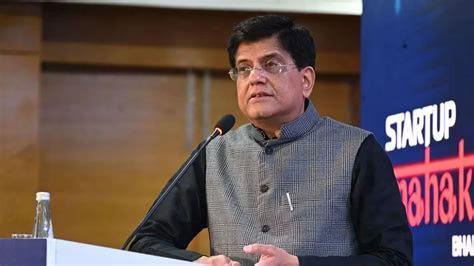No Plans to Sue China’s DeepSeek: OpenAI CEO Sam Altman
In a recent statement, OpenAI CEO Sam Altman has clarified that the company has “no plans to sue” Chinese rival DeepSeek, despite claiming that DeepSeek used OpenAI’s proprietary models to train its own model. This comes as a surprise, given the severity of the allegations made by OpenAI against DeepSeek.
As reported by Hindustan Times, OpenAI recently accused DeepSeek of using its proprietary models to train its own AI model, without permission or licensing agreements. However, in a recent interview, Altman revealed that the company’s focus is on building great products and leading the world with model capability, rather than engaging in legal battles with its competitors.
“We are going to continue to build great products and lead the world with model capability, and I think that will work out fine,” Altman said. “We’re not trying to get into a legal fight with DeepSeek or anyone else. We’re just trying to make the world a better place with AI.”
This statement comes as a significant departure from the tone of OpenAI’s earlier announcement, which accused DeepSeek of intellectual property theft and violated the company’s terms of service. OpenAI’s decision to abandon its plans to sue DeepSeek may be seen as a pragmatic move, given the potential legal and reputational risks involved in pursuing a lawsuit against a major competitor.
However, it’s worth noting that OpenAI’s claims against DeepSeek are not without merit. DeepSeek’s AI model, which was launched in November 2022, has been praised for its capabilities and has gained significant attention in the AI community. OpenAI’s allegations that DeepSeek used its proprietary models to train its own model may have significant implications for the integrity of the AI industry.
The dispute between OpenAI and DeepSeek highlights the increasingly complex and competitive landscape of the AI industry. As AI technology continues to advance and gain widespread adoption, companies like OpenAI and DeepSeek are vying for dominance and market share. The use of proprietary models and intellectual property is a key area of contention, with companies seeking to protect their innovations and prevent others from misusing them.
In this context, OpenAI’s decision to abandon its plans to sue DeepSeek may be seen as a strategic move to focus on building its own capabilities and products, rather than engaging in legal battles with its competitors. By doing so, OpenAI can maintain its position as a leader in the AI industry and continue to drive innovation and progress in the field.
DeepSeek, on the other hand, has been accused of using OpenAI’s proprietary models to train its own model, without permission or licensing agreements. This raises significant questions about the integrity of DeepSeek’s AI model and its potential impact on the AI industry. While DeepSeek has denied any wrongdoing, the allegations against the company have significant implications for the industry and the public at large.
The dispute between OpenAI and DeepSeek also highlights the need for greater transparency and accountability in the AI industry. As AI technology continues to advance and gain widespread adoption, it’s essential that companies like OpenAI and DeepSeek prioritize ethics, integrity, and transparency in their operations. This includes being open and transparent about the development and use of proprietary models, as well as ensuring that these models are used in a responsible and ethical manner.
In conclusion, OpenAI CEO Sam Altman’s statement that the company has “no plans to sue” Chinese rival DeepSeek is a significant development in the ongoing dispute between the two companies. While OpenAI’s allegations against DeepSeek are serious and deserving of investigation, the company’s decision to abandon its plans to sue DeepSeek may be seen as a pragmatic move to focus on building its own capabilities and products. As the AI industry continues to evolve and grow, it’s essential that companies like OpenAI and DeepSeek prioritize ethics, integrity, and transparency in their operations, and work together to drive innovation and progress in the field.






